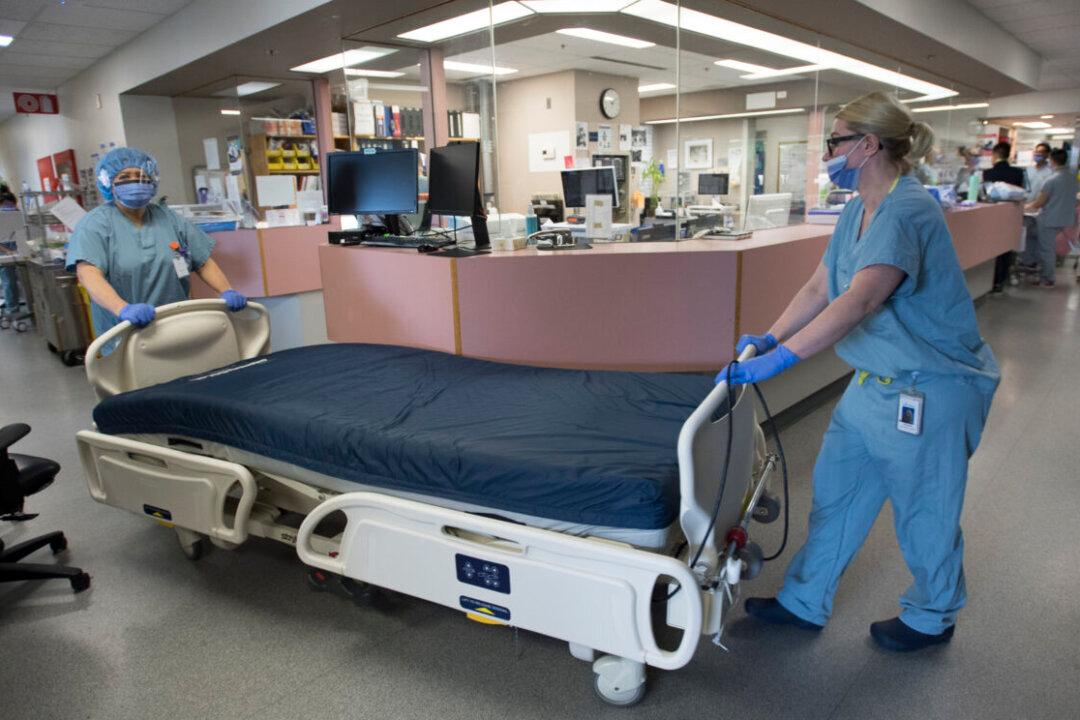A new report shows that the rate of harm to hospital patients in the Canadian health-care system is growing, as 1 in 17 patients was harmed during their hospital stay in 2022–23, research by the Canadian Institute for Health Information (CIHI) says.
CIHI’s Hospital Harm report, released on Oct. 19, looks at harm caused to patients “that could be potentially prevented by implementing known evidence-informed practices.”





